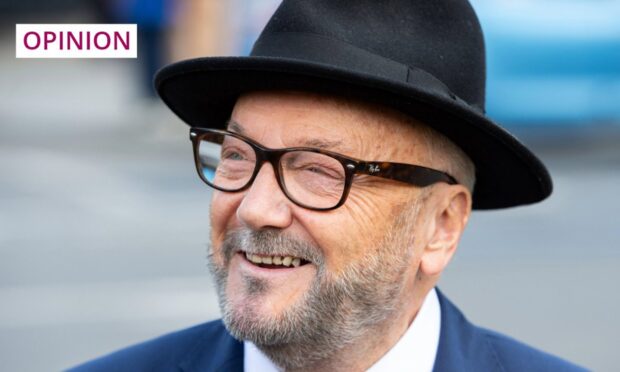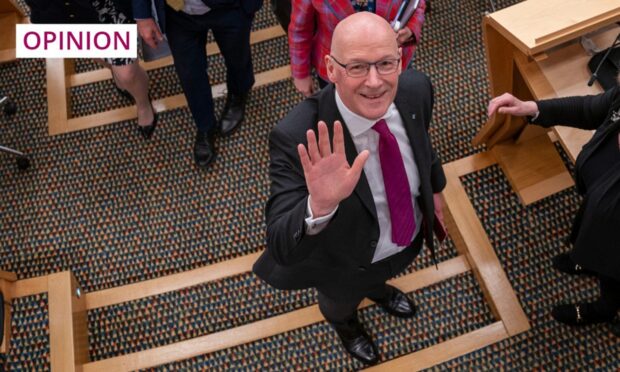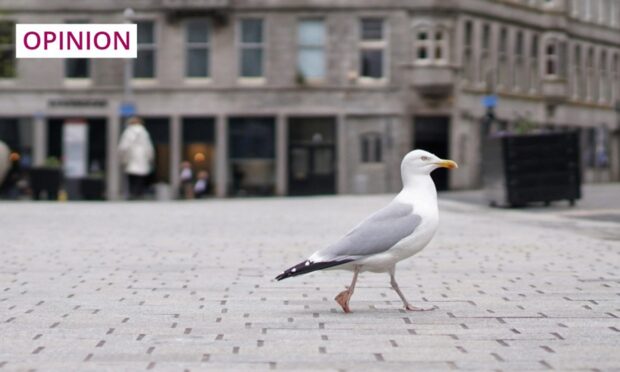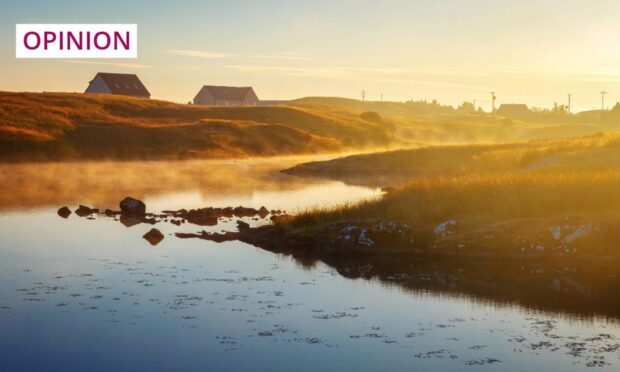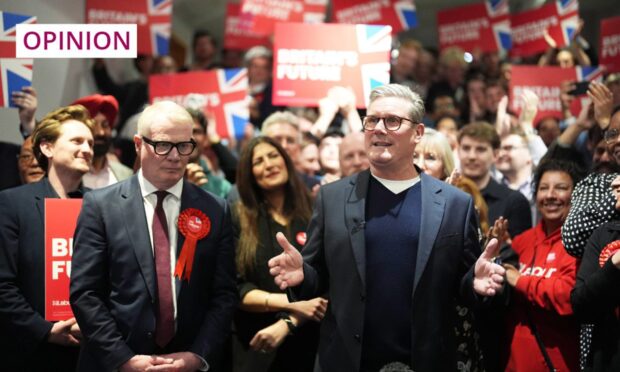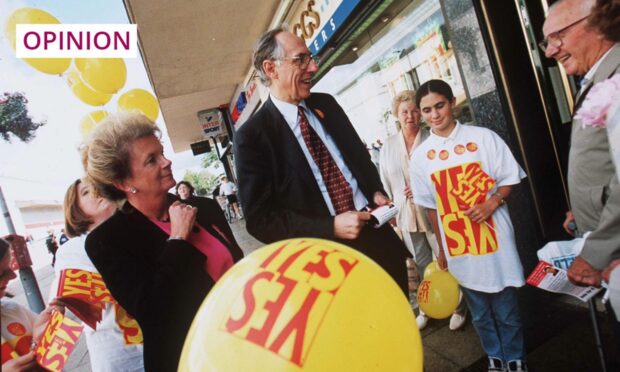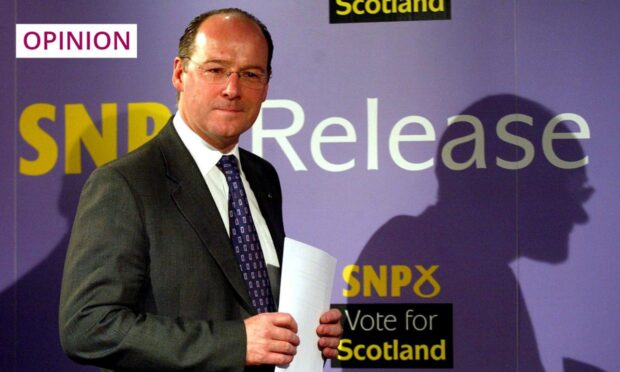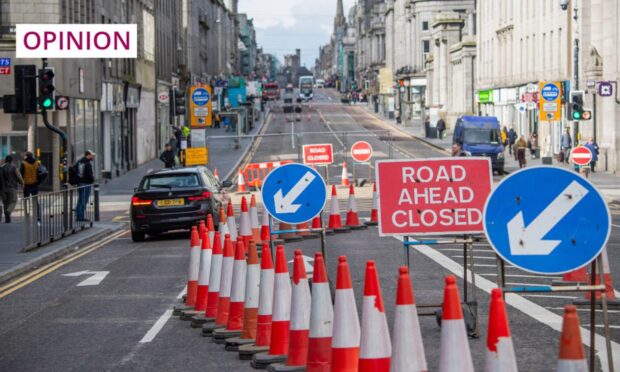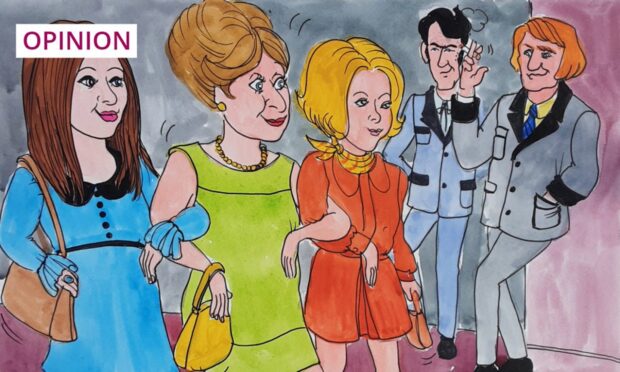The rich get rich and the poor get poorer, a classic saying I remember from growing up.
It is a phrase we all know and have used but did you know this throwaway phrase is actually a critical area of analysis for political types, economists and sociologists around the world? It is also one which happens to be true, as those with the most generally realise higher returns on their investments just by being wealthy. The benefit of being able to take risk, look long-term and get people to manage your money.
People who look at this phenomenon call it “wealth accumulation”. Given there is a political aspect to this area there are many who will have stronger views than me and many who will think I am a madman for even considering there are issues with how we operate today. Others will think I am soft and pandering to the rich.
We often hear things like 80% of the world’s money is held by 20% of the population (made-up stat). Well the truth is the stats are probably more striking than the illustration above. One piece I was reading suggested that if the growth of wealth in the highest 1/1000th continued out to around 2045 then they would own 60% of global wealth. I don’t believe the forecast; it won’t happen, but the suggested trajectory merits further consideration.
Many of these types of data are skewed by inter-country variances. For example the population in the UK (even the poorest) are much “wealthier” than counterparts in developing countries. However, data also unsurprisingly shows great disparity within countries too, across all types of countries. So this is both an intra-country and inter-country issue.
This school of thought is not a new thing but has evolved in nature over the centuries. Long ago, wealth was held in land and the wealthiest owned a disproportionate amount of land while the poorest owned none. We then moved from land to property. Again the wealthiest gained more property while others struggled to own any, and this sounds more familiar even today. Indeed BBC news had a piece about accumulation of property in the Western Isles by wealthier “incomers”. This isn’t just a wealth issue but that is part of the challenge.
These days land and property are pertinent but wealth is more diverse and includes finance, equities, and other assets. Wealth of this nature can be intangible and harder to measure than the value of land and property and makes analysis tricky.
If wealth accumulation is growing and if one thinks this isn’t a good thing then we need to see a change in how we share wealth. Given the share of wealth appears to be more concentrated now than in the early 1900s, we might also do well to consider what the sociology of that time looked like to see if it is worth acting. For anyone who says it is a cyclical issue, it could be, but previous changes in wealth distribution appear to have been influenced by major shocks e.g. war.
So does anyone really need a billion pounds? It is easy for me to say that because I don’t have a billion, or a million, pounds. Billionaires have either inherited the wealth or benefited from other people’s hard work. I am not saying we don’t need entrepreneurs, innovators and risk-takers. That is not my point, these people should receive great benefit. These people make us all better off and are braver and bolder than me. But at what stage should wealth be shared more equally and how do we do it? What can we do if we were inclined to act? The truth is that nothing is simple.
There are a variety of factors which can influence wealth accumulation or the distribution of wealth. Remember Education, Education, Education as well as Nicola Sturgeon’s focus on “reducing the attainment gap”. Both were an attempt to improve the distribution of wealth, although neither politician has said that. Neither programmes had or will have a major influence.
Given inheritance has such a large impact on wealth accumulation, should this be an area of focus? Or back to the “rich get rich”: can we look at investment and the supernormal returns high net-worth individuals realise compared to the rest of society? An obvious other option is tax, and this is where post-Covid we may see some change but nothing like post-Second World War.
My feeling is none of these things will change enough to make a difference due to intra-country tax competition and nationalism. This is a global challenge but that makes it all the harder to address.
The main question for me is whether as a society we can afford to do nothing. After all this isn’t actually a question of finance or economics, it is a question of balance, equality and avoiding more impactful externalities.
This is a centuries-old problem and one which I honestly don’t know if our information and technology age makes easier or harder to address.
James Bream was research and policy director at Aberdeen and Grampian Chamber of Commerce and is now general manager of Aberdeen-based Katoni Engineering

